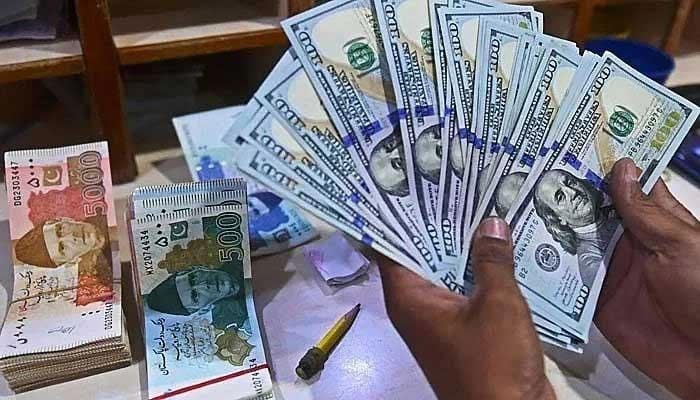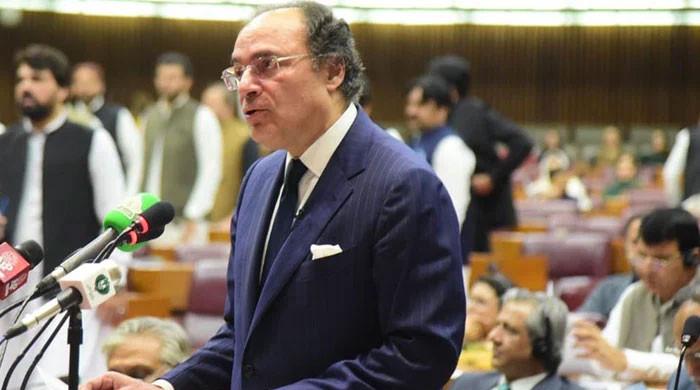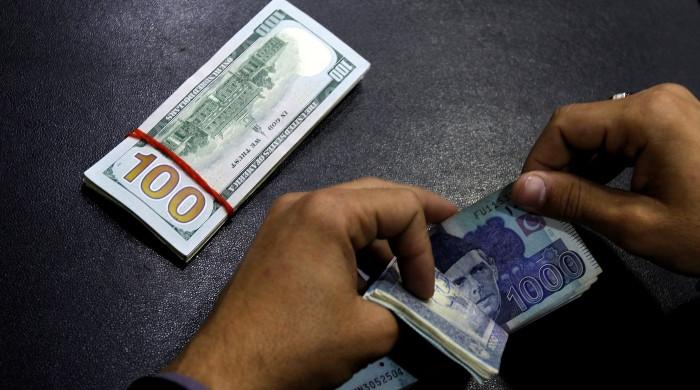Rupee likely to see minor gains in coming week after first IMF loan tranche
“New, long-term IMF programme will boost investor confidence in economy even more," says currency dealer
September 29, 2024

- Rupee closes week at 277.63 against dollar on Friday.
- IMF programme expected to boost investor confidence.
- Foreign exchange reserves stood at $9.53bn as of Sept 20.
KARACHI: The Pakistani rupee is expected to make minor gains against the US dollar in the coming week after the country received $1 billion from the International Monetary Fund as the first tranche of a $7 billion loan, The News reported on Sunday.
In the outgoing week, the local currency saw a minor increase against the dollar in the interbank market. It closed at 277.86 against the dollar on Monday, it showed some increases and closed at 277.63 on Friday.
“We think that the new, long-term IMF programme will boost investor confidence in the economy even more. Foreign exchange reserves will rise rapidly as a result of the IMF’s payment, stabilising the rupee and allaying fears about repaying foreign debt,” a currency dealer said.
“We anticipate that the rupee will continue to strengthen slightly versus the dollar over the coming week,” the dealer added.
The State Bank of Pakistan's (SBP) foreign exchange reserves stood at $9.53 billion as of September 20.
The IMF, in its new statement issued on Saturday, said that the new programme will require sound policies and reforms to support the authorities’ ongoing efforts to strengthen macroeconomic stability, address deep structural challenges, and create conditions for a stronger, more inclusive and resilient growth
“Continued strong financial support from Pakistan’s development and bilateral partners will also be critical for the programme to achieve its objectives,” it said.
“Pakistan has taken key steps to restoring economic stability with consistent policy implementation under the 2023-24 stand-by arrangement (SBA),” the IMF said. Growth has rebounded supported by activity in agriculture, while inflation has receded significantly, falling to single digits, amid appropriately tight fiscal and monetary policies.
A contained current account and calm foreign exchange market conditions have allowed the rebuilding of reserve buffers.











